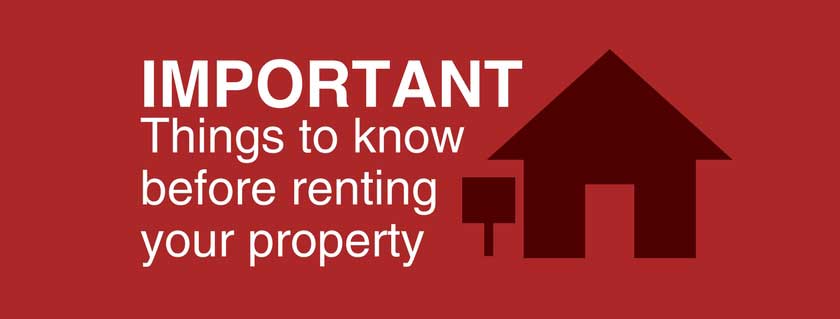When it comes to renting, both the tenants and the landlords have specific rights and they share responsibilities in order to make sure that the tenant is renting the right way and that the landlord is provided all that is needed. This is a way to avoid unwanted situations such as disputes or discrepancies in safety and violations of a person’s rights.
However, getting acquainted with all this information can become extremely overwhelming that is, if the landlord or the tenants do not take it in an organized fashion.
You need to take a look at the Renting Facts section by section. The first thing you need to research on is finding the useful sources such as websites, departments, branches, or offices.
Residential Tenancy Branch
The RTB provides an in-person, over the phone, or online support for both renters and landlords in the province of British Columbia. This Branch’s main function is to resolve disputes between tenants and landlords with a road mapped dispute resolution process that was just recently improved.
Two important regulations that should be taken priority when it comes to renting:
1. Residential Tenancy Act
– This Act applies to tenancy agreements, rental units, and other residential property.
2. Residential Tenancy Regulation-
This is the governing aspect of the RTA. This is where certain exemptions fall in places such as for rental units operated by the British Columbia Housing Management Commission, the Canada Mortgage, and Housing Corporation, and the City of Vancouver to name a few.
There are plenty of useful information that you can get by researching the subjects above. To put it in a nutshell, there many things that many tenants and even landlords overlook that are extremely important.
One such part is regarding the “Lease” which is also known as the Tenancy Agreement. Every Tenancy Agreement should include the terms stipulated by the Residential Tenancy Act.
Another important part is the Move In/Move Out Condition Report that the landlord is required to provide for residential premises. The landlord must conduct an inspection when a tenant moves out and another move in. The landlord also needs to provide a report based on the inspections made otherwise, there is a probability that the tenant is risking their security deposit.
The deposit, on the other hand, can have a maximum of a half a month’s rent unless if pets are allowed, then the landlord can seek a full month’s deposit to also cover for possible pet damage. Other allowed additional deposits include deposits for extra sets of keys or garage door openers. If the tenant moves out, the landlord has a period of 15 days to return the deposit in full amount unless there are deductions to cover repair for damages, then the landlord would need to acquire a written consent from the tenant themselves.
Tenancy Agreement Term Renewal
A fixed date for moving out should be stated, but if no date is set, the landlord and tenant are not required to sign a new tenancy agreement since it will automatically be converted into a monthly tenancy.
Tenancy Termination: Timing and Notice
If it happens that a tenant will discontinue the Tenancy Agreement, they would need to provide a written notice and will most likely be held accountable for all costs that will incur in preparing and re-renting the unit along with rent that was lost. Landlords, on the other hand, can immediately end the agreement for specific reasons. As for early termination of tenancy, this will have to be approved through the RTB. The landlord would need to go through that branch when situations become very serious and would involve safety, conduct or cost. A notice to end tenancy form should be filled up by the landlord when ending a tenancy, when tenant sends a written notice of ending a contract, or when both parties come up with an agreement.
Here are the notice periods to tenants that depend on the reason for notice:
1. 10 days for non-payment of rent,
2. A month for cause or conduct,
3. 2 months for landlord’s use of property in a residential tenancy.
4. 2 months if the tenant ceases to qualify for a subsidized rental unit in residential tenancy
5. 12 months for the landlord’s use of property in a manufactured home site
Here is an infographic that provides a summary of the important things that you should remember before renting your property:
[inf_infusionsoft_inline optin_id=optin_11]

